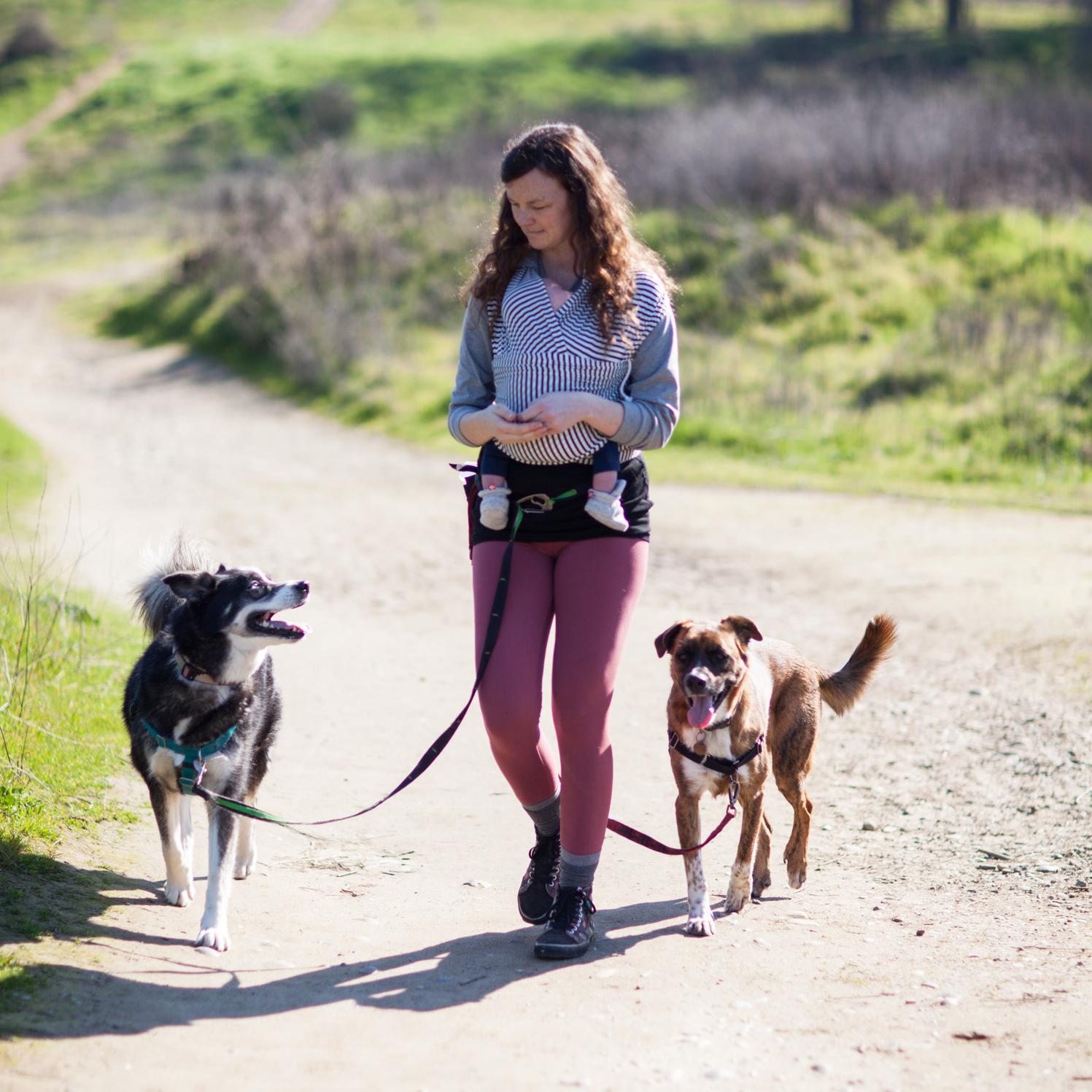In my last post, we talked about what a Grumble or a Growl Zone are, and why they can be problematic in dog/child households. Now, I want you to put on your "dog perspective glasses" and start identifying these zones in your own home! Here are your instructions:
Walk through your home, either with a pen and paper, or better yet with some sticky notes! Note, or place colored stickies on places that have the potential to become tight squeezes and create conflict.
If you live with a partner or other adults, go through the exercise separately at first, and then come together and compare notes - did one of you catch something the other did not? Having multiple sets of eyes is a great way to be thorough!
Now it's time to make a plan. Are there changes you can make to open these spaces up? If you're just expecting, or your baby is not yet mobile, you don't have to make these changes right away, but it's a great idea to write down your thoughts so you have a plan when needed. Those milestones will sneak up on you before you know it!
Not everything can be changed - if your hallways or the top of your stairs is a tight squeeze, you're not likely to start knocking down walls! But it's a great time to start a conversation about management and what tools you can use to reduce risks. Using a baby gate to block off stairways is a great idea, not only to prevent dog issues, but for general safety!
What did you find? Were you surprised when you looked at your home through this lens? What plans did you start to make? Share in the comments below!

